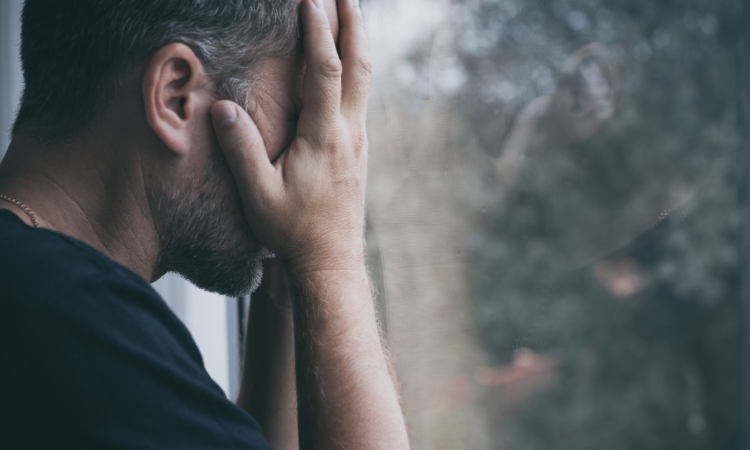
In life, nothing is guaranteed. At some point, you are going to feel devastated. It seems everything is working against you. One thing you should know is that sad and unfortunate events are a part of life, whether it happen unexpectedly. A fine example is dealing with the unattended death of a loved one who died in a room that requires decomposed body cleanup. Other problems that might lead to a state of depression include health problem, job loss, an unexpected family emergency or an unexpected life changing event. If you are not mentally and psychologically sound to handle the pressure that awaits you, then it is likely that the pressure mounted by these problems will consume you.
These events can leave you feeling sad, low, moody, and make you avoid social gathering from time to time. While some people shake these events off and get back to reality quicker than you can imagine, others may experience these symptoms for longer periods, be it weeks, months or even years following an unfortunate incidence. So what do you make of this?
You are dealing with depression if symptoms has extended beyond 2 weeks. Other signs of depression include lack of concentration, loss of pleasure in usual activities, drug abuse and withdrawing from family and friends.
Behaviors Associated with Depression
Depression can be hereditary. Simply put, some families have a history of depressive illness. Hence, it is not out of place for an individual from such a lineage to suffer depression. Other factors that determines the type of depression an individual faces include personality trait, health condition, and an individual’s choice to engage in substance use.
Signs of depression are plentiful. Some of the common ones include
- Feeling anxious
- Feeling sad
- Irritable mood swings
- Indecisive
- Feeling guilty or believing you are guilty for the occurrence of an unfortunate incidence
- Feeling frustrated and displeased
Depressive illness can make one have erratic thoughts. They blame themselves for their job loss or failures in their relationship or life generally. Thoughts that life in general will be a better place without them and that no one will miss them while they are gone. Life becomes meaningful and void.
Thankfully, there are many ways to treat depressive illness. In the same vein, many agencies that provide support services for individuals suffering depression keep cropping up. So if you are concerned about the state of health of your loved one, then you should find the right treatment option and support service for them. These include:
Cognitive Behaviour Therapy (CBT), Interpersonal Therapy (IPT), Mindful-based Cognitive Therapy (MBCT), and Behaviour Therapy; Antidepressant medications including the use of Benzodiazepines and sleep medication and qualified health professionals including General Practitioners, Psychiatrics, Psychologists, Mental Health Nurses, Social Workers, Counsellors, Hospitals, Complimentary Health Practitioners and Crisis Assessment or Acute Treatment Teams.
The death of a loved one can make depression set in. To heal faster, decomposed body cleanup service can remediate the death scene and erase every trace of death in the home.




